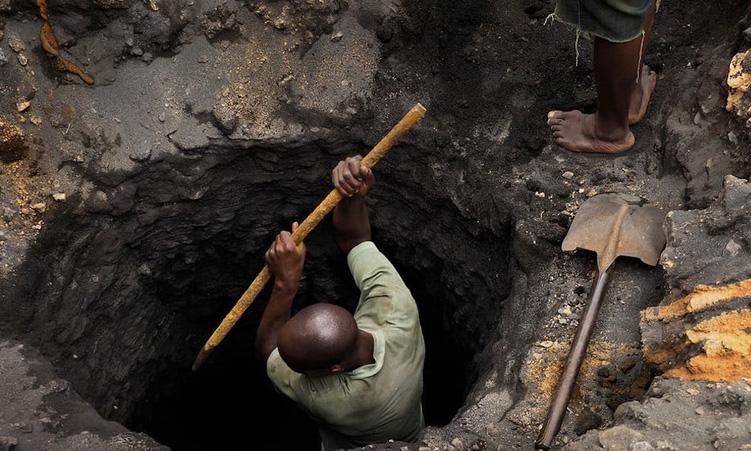MALARIA cases are expected to rise sharply as soon as the floods in the North begin to recede, but rumours of new strains of drug-resistant malaria are unfounded, a health official says.
Sources in the pharmaceutical industry earlier told The Namibian that information from within the Ministry of Health and Social Services had it that a new strain of malaria, originating from Central Africa, had made its way to northern Namibia. “We need this to be confirmed and to be informed as to what medicine should and should not be sold to deal with this new strain,” the source said.”With this cholera outbreak, and the ongoing floods, we can all expect malaria cases to skyrocket within the near future, and so the possibility of new strains cannot be ignored.”Dr Norbert Forster, Deputy Permanent Secretary of Health and Social Services, told The Namibian that there were no new strains of malaria.He said a couple of years ago, the drug chloroquine, which had been used as the general treatment for malaria, was taken off the shelves because it was becoming less effective against the malaria parasite.In 2006, new medicine was introduced which is still highly effective, Forster said.He said at present there was no major increase in malaria cases.”We need this to be confirmed and to be informed as to what medicine should and should not be sold to deal with this new strain,” the source said.”With this cholera outbreak, and the ongoing floods, we can all expect malaria cases to skyrocket within the near future, and so the possibility of new strains cannot be ignored.”Dr Norbert Forster, Deputy Permanent Secretary of Health and Social Services, told The Namibian that there were no new strains of malaria.He said a couple of years ago, the drug chloroquine, which had been used as the general treatment for malaria, was taken off the shelves because it was becoming less effective against the malaria parasite.In 2006, new medicine was introduced which is still highly effective, Forster said.He said at present there was no major increase in malaria cases.
Stay informed with The Namibian – your source for credible journalism. Get in-depth reporting and opinions for
only N$85 a month. Invest in journalism, invest in democracy –
Subscribe Now!










